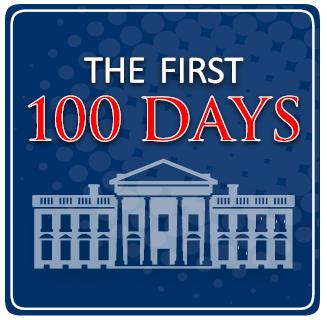WEBINAR: Taking Stock of the Trump Trade Agenda – Implications for Business— C&M's First 100 Days Series
Webinar | 03.15.17, 7:00 AM EDT - 8:00 AM EDT
For more information, please visit these areas: Crowell Global Advisors, International Trade
Insights
Webinar | 02.02.26
Join Crowell’s international trade attorneys for an in-depth analysis of the EU’s new economic security strategy and its practical impact on businesses operating in the region.
Webinar | 01.22.26
Webinar | 01.22.26
Recall Execution Bootcamp: Practical Skills for Fast-Track Recalls


